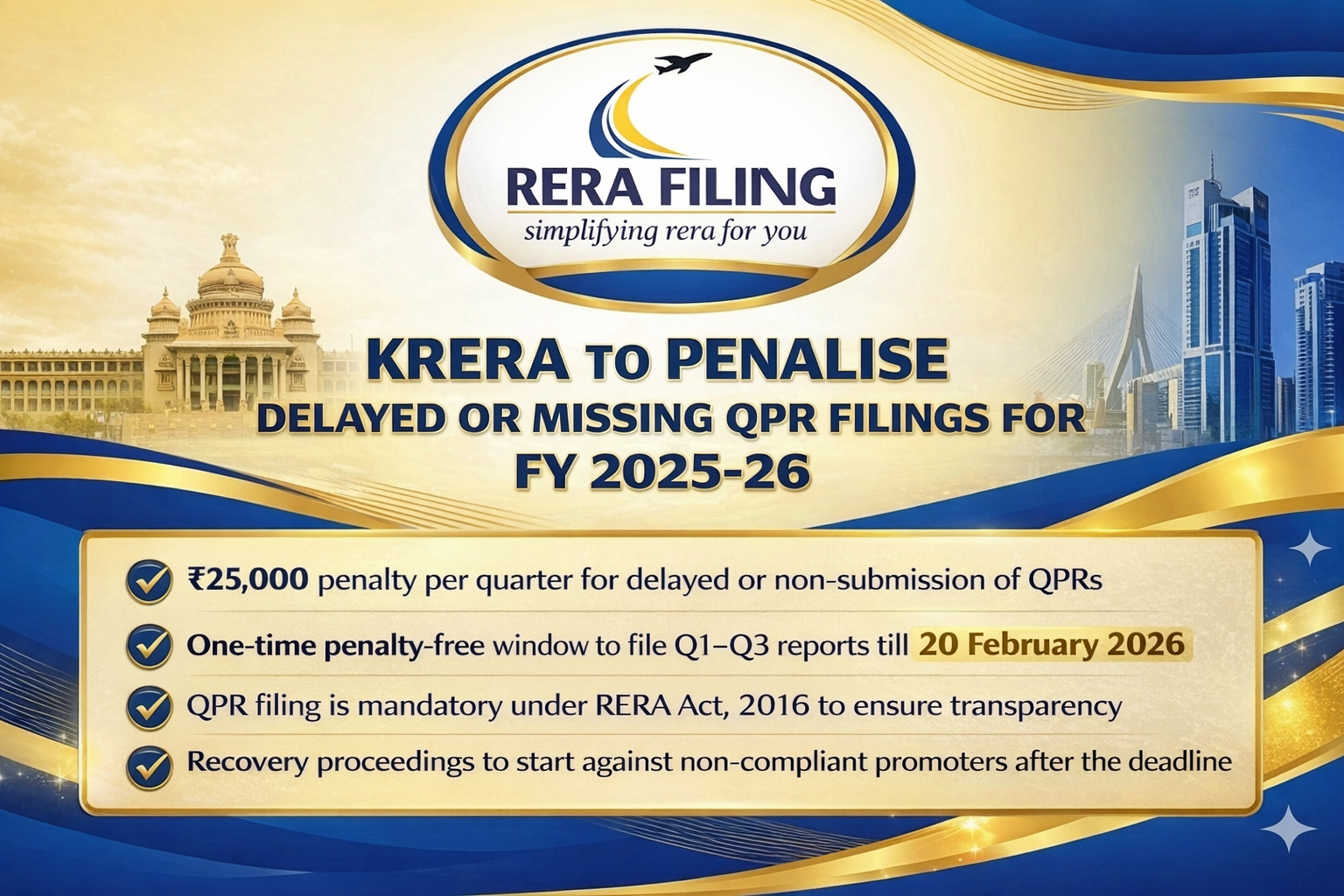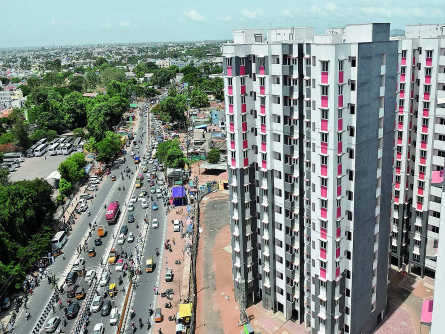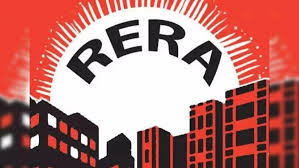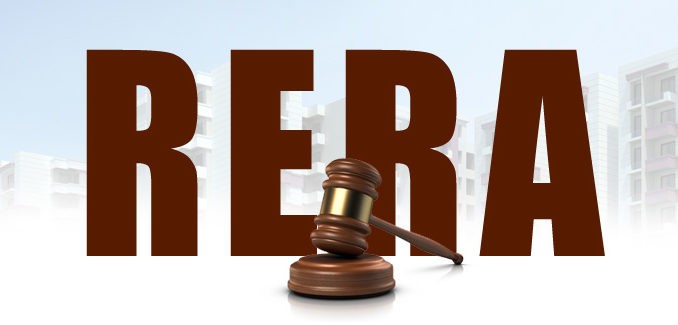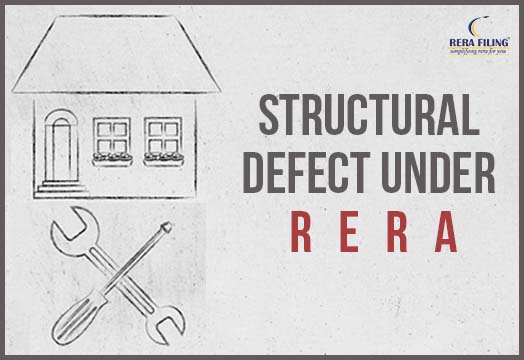
- General
- Monday 15th July 2019
- Author: Shreya Uppal
Highlights
-
Earlier the promoters were not bound by any Act or Regulations to check on the materials used for the construction and also the quality of construction in a project building.
-
addressing one of the important concerns in the real estate sector regarding the quality of the construction and the sense of the responsibility on the part of the developer towards the allottees, it has introduced Section 14 (3) in the RERA Act, 2016.
The basic intention behind the introduction of the RERA Act, 2016 was to protect the interests of the homebuyers, further ensuring transparency and speedy dispute redressal of the grievances of the consumers. Therefore, addressing one of the important concerns in the real estate sector regarding the quality of the construction and the sense of the responsibility on the part of the developer towards the allottees, it has introduced Section 14 (3) in the RERA Act, 2016. Earlier the promoters were not bound by any Act or Regulations to check on the materials used for the construction and also the quality of construction in a project building. The promoter does not use to take any responsibility in rectifying the structural defects once the possession of the building was handed over to the allottees and allottees were forced to rectify the structural defects again by spending from his pocket, in spite of investing the heavy amount on the project building. There was no sense of security to the allottees in regard to the quality of construction on any project building constructed by the builders.
Provisions of Section 14 (3) of the RERA Act, 2016
1. It is basically an obligation of the promoter to compensate the homebuyers for the structural defects in the construction.
2. Section 14(3) of the RERA Act, 2016 provides the remedy to the allottees in case of any structural defects incurred in the five years from the date of giving the possession then the promoter is liable to rectify the defect at his own cost. Further, in the event of promoter’s failure to rectify such defects within 30 days, the aggrieved allottee is entitled to receive appropriate compensation which is to be decided by the concerned state RERA Authority.
Although the term “Structural Defects”/ Defect Liability has not been specifically defined in the RERA Act, 2016, however, some states have included its definition in their rules, states like Haryana, Telangana, Tamil Nadu as explained it in the below manner:
What does it actually mean according to Haryana RERA Rules, 2017
“Structural defects” means actual physical damage/ defects to the designated load-bearing elements of the building, apartment or unit like faults, breakage or cracks, appearing over time in elements such as load-bearing columns, walls, slabs, beams etc. which can affect the strength and stability of the apartment or the building and shall include any of the following namely:
(i) defects due to design attributes of reinforced cement concrete (RCC) or structural mild steel (MS) elements of an engineered (structurally designed) building structure,
(ii) defects due to faulty or bad workmanship of RCC or MS work,
(iii) defects due to materials used in such RCC or MS work,
(iv) major cracks in masonry work that are induced as a result of failures of RCC or MS work,
(v) any defect which is established to have occurred on account of negligence, use of inferior materials or non-adherence to the regulatory codes of practice by the promoter.
Note: As per the HRERA Rules, 2017 the promoter shall not be liable for any such structural/ architectural defect induced by the allottee, by means of carrying out structural or architectural changes from the original specifications/ design.
As per the Telangana RERA Rules, 2017, the term defect liability has been defined as any structural defect or any other defect in workmanship, quality or provision of services or any other obligations of the promoter as per the agreement for sale relating to such development. However, the following exclusions have been mentioned which will not constitute as structural defects in TSRERA are:
(a) Equipment (lifts, generator, motors, STP, transformers, gym equipment, etc) which carry manufacturer’s guarantees for a limited period. Thereafter the welfare association /society shall take annual maintenance contract with the suppliers. The Promoter shall transfer the manufacturer’s guarantees/warranties to the allottee or association of allottees as the case may be.
(b) Fittings related to plumbing, sanitary, electrical, hardware, etc. have natural wear and tear.
(c) Allowable structural and other deformations including expansion quotient.
(d) The terms of work like painting etc. which are subject to wear and tear.
Defect Liability under Tamil Nadu RERA Rules, 2017
The Promoter shall rectify any structural defects with respect to the Apartment (normal wear and tear is exempted), which shall not be as the result of any commission or omission of the Allottee, any damages caused due to the acts of god or natural calamities or fire accidents, any willful or accidental damages caused, any damages caused due to tampering by the Allottee, any product that has been installed by the Promoter brought to the notice of the Promoter within 5 years from the date of intimating the readiness to handover of the Apartment and thereafter no claim shall be entertained against the Promoter in respect of any alleged defective work in the Apartment and/or Project under any circumstances. The above liability of the Promoter shall be restricted only to rectify/repair the above defects and any consequential damages will not be covered under this Agreement. Structural defects shall not include plastering hairline crack. Third party warranty on products shall be governed by the terms and conditions provided by the manufacturer of the respective products.
A recent instance of compensation claimed by the residents in relation to structural defects has been observed in MAHARERA, which states that due to collapse of the compound wall of Alcon Stylus which was a support to the open parking area killing over 15 construction workers living in makeshift shelters in an adjacent plot, structural defects can be claimed by the residents. It is the duty of the promoter to rectify such defects within 30 days or pay appropriate compensation irrespective of the registration period.
Thanks to the RERA Authorities for such a concept so that relief can be claimed by the homebuyers on these things!!
For Project Registration, Click here.
Tags: Tamil Nadu, TSRERA, Haryana
Copyright © 2026 RERA Filing. All rights reserved.

 Rera Act
Rera Act
 Maharashtra
Maharashtra
 Karnataka
Karnataka
 Telangana
Telangana
 Andhra Pradesh
Andhra Pradesh
 Delhi
Delhi
 Uttar Pradesh
Uttar Pradesh
 Haryana
Haryana
 Gujarat
Gujarat
 Bihar
Bihar

